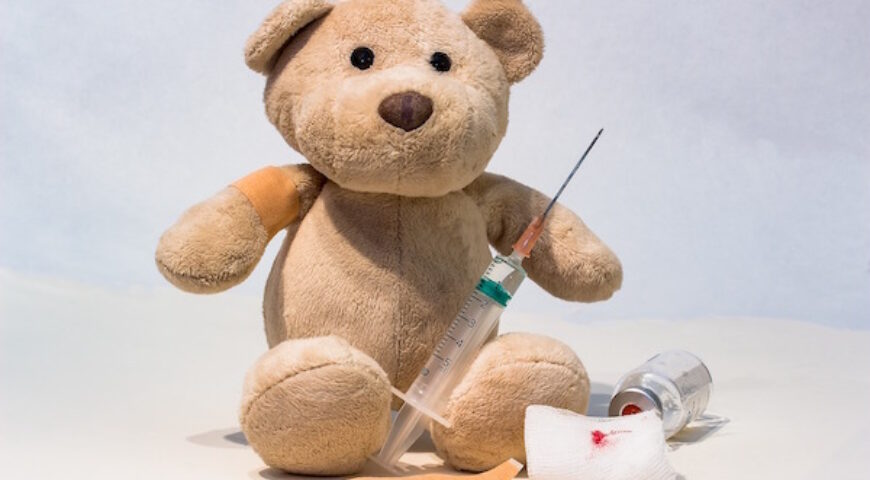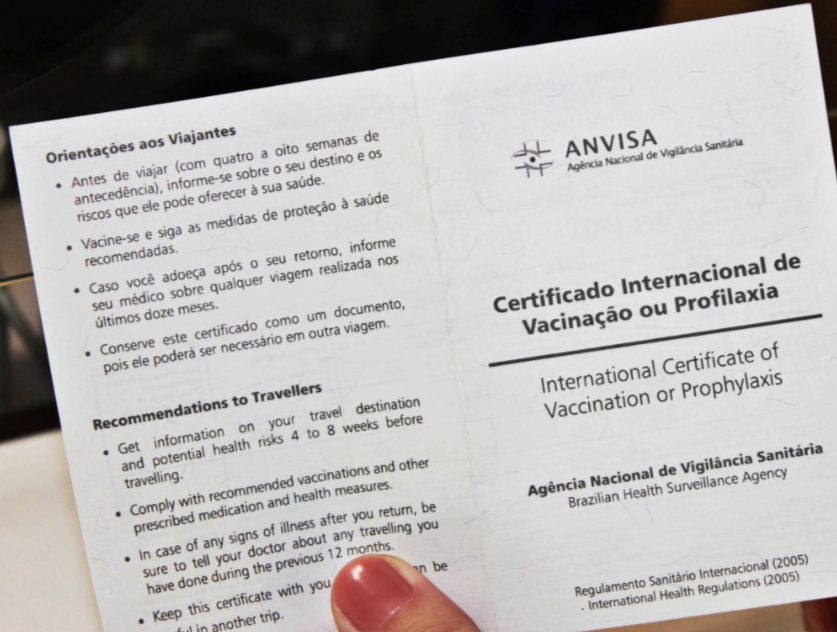
Safari adventure in South Africa: give it a shot
Get to know the vaccines you may need to take…
Viviane Vaz for Id International
So you made your mind. This year you will finally get to see the big five live and direct. Then it’s time to get your trip on the right track. Perhaps you won’t need a tourist visa to enter South Africa, but you may consider taking some vaccines and medicines depending on your country of origin and the area you are heading to.
Obviously, the best thing to do is to consult your doctor to get your health check and professional advice for a nice safe trip. Here we merely introduce you to some general information in order to help you searching the necessary travel documents and… to provide ideas so you can have an interesting chat with your doctor! 🙂
Are you from Western Europe?
There are no compulsory vaccinations for South Africa required for travellers from Western Europe gain entry. Unless you are flying from within a Yellow Fever endemic area. In this case, the World Health Organization (WHO) states that a yellow fever vaccination certificate is required for travellers having transited for more than 12 hours through an airport of a country with risk of yellow fever transmission.
Are you from Africa or the Americas?
A Yellow Fever vaccination certificate is required for travellers coming from some endemic zones in Africa and the Americas. High-risk countries for yellow fever include: Angola; Argentina; Benin; Bolivia; Brazil; Burkina Faso; Burundi; Cameroon; Central African Republic; Chad; Colombia; Congo; Cote d’Ivoire; Democratic Republic of the Congo; Ecuador; Equatorial Guinea; Ethiopia; French Guyana; Gabon; Gambia; Ghana; Guinea; Guinea-Bissau; Guyana; Kenya; Liberia; Mali; Mauritania; Niger; Nigeria; Panama; Paraguay; Peru; Rwanda; Sao Tome and Principe; Senegal; Sierra Leone; Somalia; Sudan; Suriname; Togo; Trinidad and Tobago; Uganda; United Republic of Tanzania; Venezuela.

Remember…
A valid yellow fever vaccination certificate should be:
– approved by the World Health Organisation (WHO);
– administered at least 10 days before departure to South Africa at yellow fever-approved vaccination centres.
Malaria: prevention is core!
According to WHO, Malaria risk exists throughout the year in the low-altitude areas of Mpumalanga Province (including the Kruger National Park), Limpopo Province and north-eastern KwaZulu-Natal. Risk is highest from October to May inclusive.
And, up to now, a Malaria vaccine does not exist. That’s why prevention of mosquito bites is essential. You should protect yourself through the use of repellents, mosquito nets and appropriate clothing.

Sometimes, prevention may be necessary through medication. But you should consult your doctor if this option is ok for you.
Important: After or during a trip to Malaria risk zone, you should immediately seek medical help and get a diagnostic test if you feel any symptoms suggesting the disease, such as: shaking chills that can range from moderate to severe, fever, profuse sweating, headache, nausea, vomiting, abdominal pain and diarrhoea.
Other vaccines
Vaccines against diphtheria, tetanus, hepatitis B, measles, mumps, rubella and tuberculosis are normally recommended for all types of travel to most countries. If you are going to a safari in South Africa, talk to your doctor if you should receive immunization against cholera, hepatitis A, hepatitis B, rabies and typhoid fever.
Who should NOT take a shot
Some travellers should not get certain (adenovirus) vaccines or should wait before getting them because of age, health conditions and other factors, such as:
-
Anyone with a severe (life-threatening) allergy to any component of the vaccine;
-
Pregnant women or nursing mothers;
-
Anyone who is unable to swallow the vaccine tablets whole without chewing them;
-
Anyone younger than 17 or older than 50 years of age;
-
you have HIV/AIDS or another disease that affects the immune system;
-
or your immune system is weakened because of cancer or other medical conditions, such as a transplant, radiation or drug treatment.
If you are in any of the conditions above, again: talk to your doctor.
Be a lion, not a pussy cat

If the health check list seems a bit long, don’t get scared. Listen to your doctor, listen to your travel agent, listen to your safari guide. Enjoy this chance to dress like Indiana Jones and everything should be fine! And if not, remember South African hospitals and doctors are among the best in the world. Take your shot! (And your travel health insurance, of course!)

